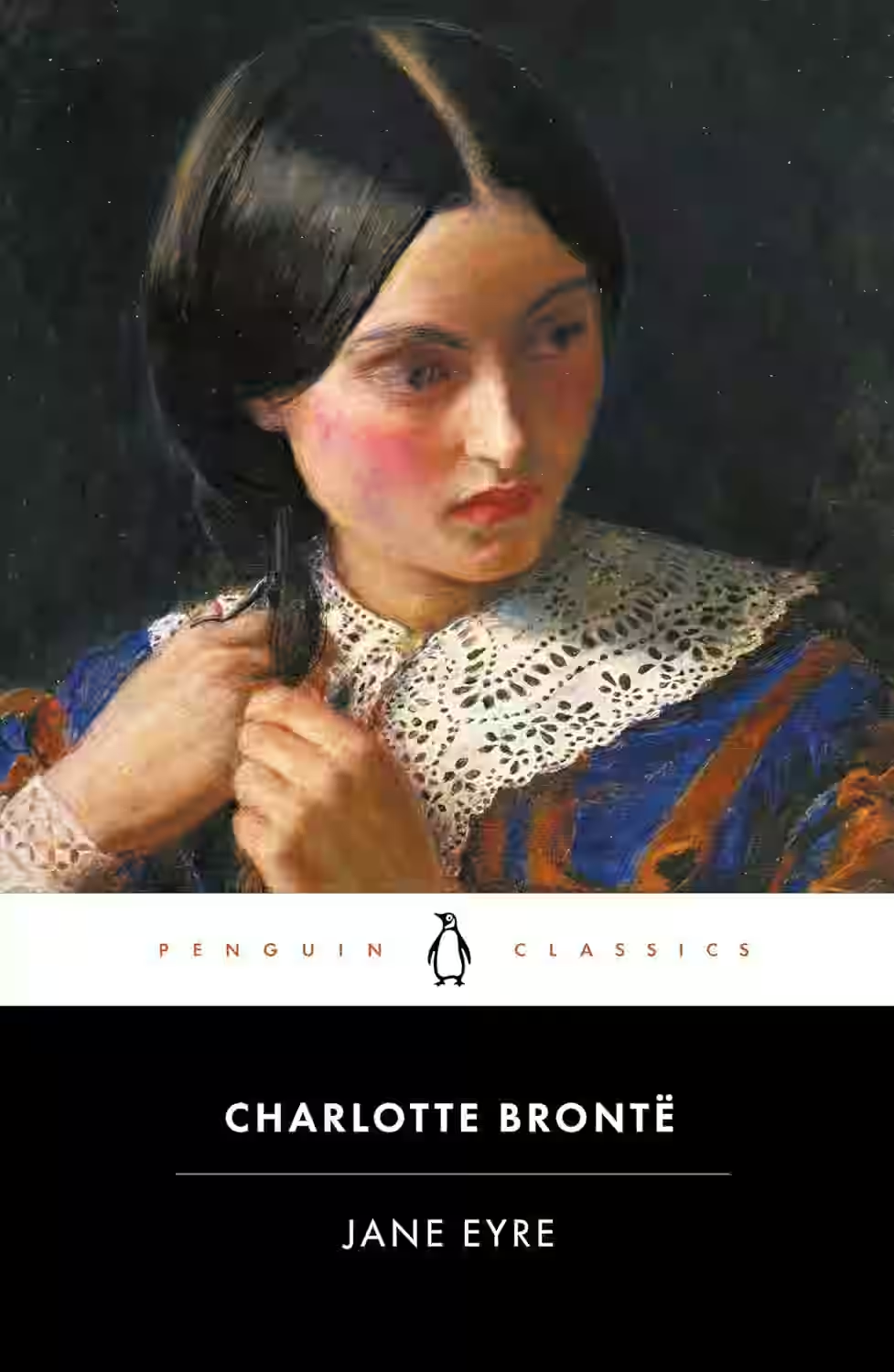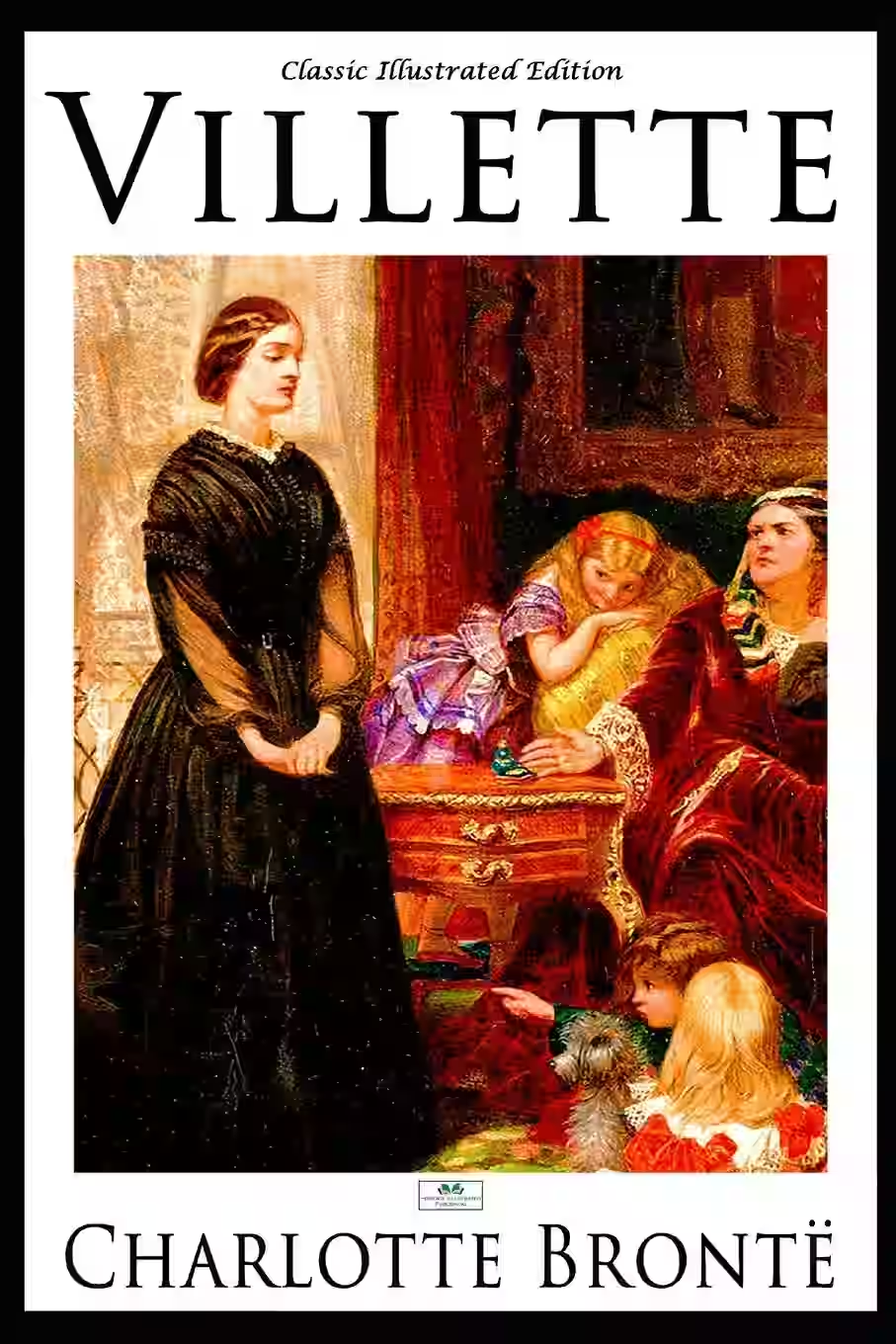Charlotte Bronte
An English novelist and poet, the eldest of the famous Brontë sisters, best known for her powerful and passionate novel, Jane Eyre. Her work is celebrated for its intense psychological realism, feminist undertones, and exploration of social class, morality, and individual autonomy. Brontë's vivid characterizations and compelling narratives, often featuring strong, independent female protagonists, challenged Victorian societal norms and left an enduring mark on English literature.

Charlotte Brontë’s Jane Eyre follows an orphaned girl who overcomes hardship and repression to find independence and love. As a governess at Thornfield Hall, Jane falls for the brooding Mr. Rochester, only to discover he harbors a dark secret. The novel explores themes of morality, autonomy, gender roles, and spiritual integrity. Noted for its strong, principled heroine and gothic atmosphere, Jane Eyre blends romance with social critique, cementing its place as a foundational feminist and literary classic.

Charlotte Brontë's 'Villette' is a profound exploration of isolation, identity, and emotional resilience, set in an evocative Victorian backdrop. The novel follows Lucy Snowe, a resilient and introspective young woman, who leaves England to find her place in the small fictional town of Villette. As she navigates her role as a teacher in a girls' school, Lucy grapples with unrequited love, cultural dislocation, and personal ambition. Brontë masterfully delves into themes of loneliness and the struggle for self-determination, offering readers a rich psychological insight into Lucy's inner world. With vivid characterization and a narrative infused with Brontë's signature gothic undertones, 'Villette' challenges social norms and patriarchal constraints, leaving a lasting impact on its readers.